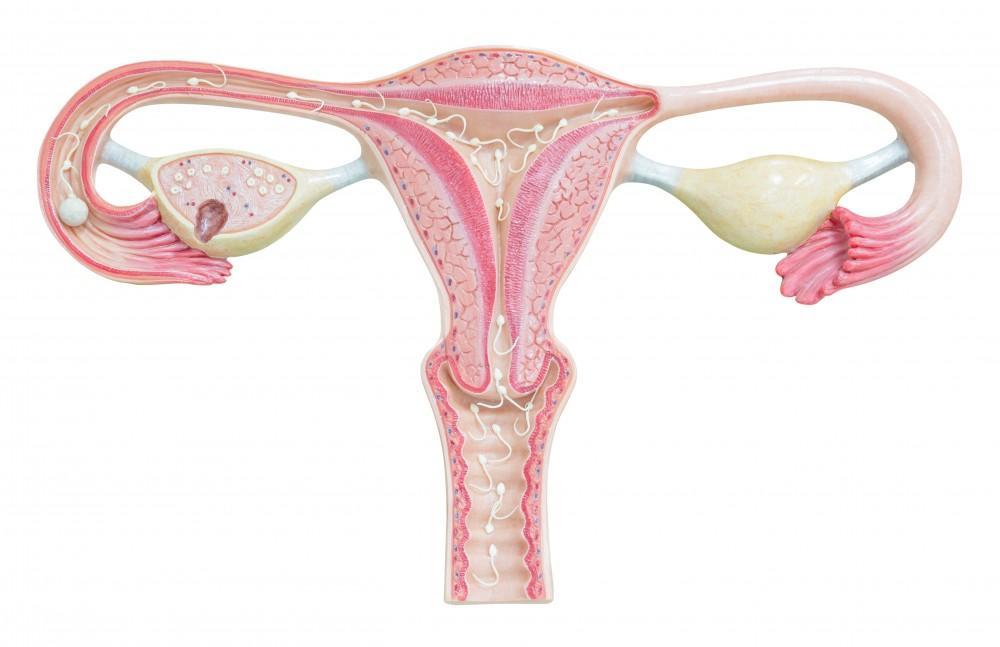
Life After Ectopic Pregnancy

An ectopic pregnancy is any pregnancy that occurs outside the uterus. The fertilized egg implants in a location that can’t support its growth. This happens most often in the fallopian tube (the structure connecting your ovaries and uterus), though it can implant in the ovary, abdominal cavity, or cervix.
Ectopic pregnancies can’t continue, because only the uterus is meant to carry a pregnancy, and it’s the only organ that can change to accommodate the fetus.
At Progressive Women's Health OB/GYN in Friendswood and Mission, Texas, Dr. Asia Mohsin understands how traumatizing an ectopic pregnancy can be, but she also knows that swift action is needed to save the mother’s life. If you’ve had an ectopic pregnancy, what is life — and future pregnancy — like for you afterward? Dr. Mohsin explains.
Why do ectopic pregnancies happen?
Often, it's not clear why a woman has an ectopic pregnancy. We know it happens when the fallopian tubes are too narrow or are blocked, but that’s not always the problem.
The following are all associated with an increased risk of ectopic pregnancy, but it could very well be something else you experience:
- Pelvic inflammatory disease (PID): inflammation of the female reproductive system, usually caused by an STI
- Previous ectopic pregnancy: the risk of having another is around 10%
- Previous fallopian tube surgery: such as unsuccessful sterilization procedure
- Fertility treatment: medication to stimulate ovulation (the release of an egg) increases risk
- Becoming pregnant while using an intrauterine device (IUD) or intrauterine system (IUS) contraception: it's rare, but it makes it more likely to have an ectopic pregnancy
- Smoking: bad for organs, blood flow, and supporting normal pregnancy
- Increasing age: highest risk for women over 35
It’s not always possible to prevent an ectopic pregnancy, but you can reduce your risk by 1) using a condom when you’re not trying to conceive to protect yourself against STIs, and 2) stopping smoking, if you smoke.
An ectopic pregnancy is life-threatening because the fallopian tube can rupture, causing massive internal bleeding. Only the uterus can grow and change along with the development of the fetus until it’s brought to term. That means if you’re diagnosed with an ectopic pregnancy, your doctor will talk with you about how to end the pregnancy safely.
Life after ectopic pregnancy
It’s possible to get pregnant again after having an ectopic pregnancy, but you should speak with the doctor about those future pregnancies. Although pregnancy may happen quickly after treatment, they recommend you wait about three months to give your fallopian tube time to heal and decrease the risk of another ectopic pregnancy.
In most cases, you can still have a healthy baby if you’ve had a fallopian tube removed. Most women are born with two fallopian tubes, and only one is necessary for a pregnancy since eggs can still travel down your remaining tube.
There are also assisted fertility procedures like IVF that don’t involve your fallopian tubes at all. Eggs are harvested from your ovaries and fertilized in a lab with your partner’s sperm; the resulting embryo is then implanted in your uterus. Talk with your doctor about the best way to proceed.
If you’ve had an ectopic pregnancy, you can still have a full life afterward raising children. To learn more about what’s involved, contact Progressive Women's Health OB/GYN by calling the nearest office or booking online with us today. We also offer telehealth appointments.
You Might Also Enjoy...


Is Hormone Replacement Therapy Safe? Learn What the Latest Research Says

5 Ways to Lower Your Risk of Advanced Breast Cancer

How to Improve (or Preserve) Your Fertility After 35

Can Ovarian Cysts Disappear Naturally?


